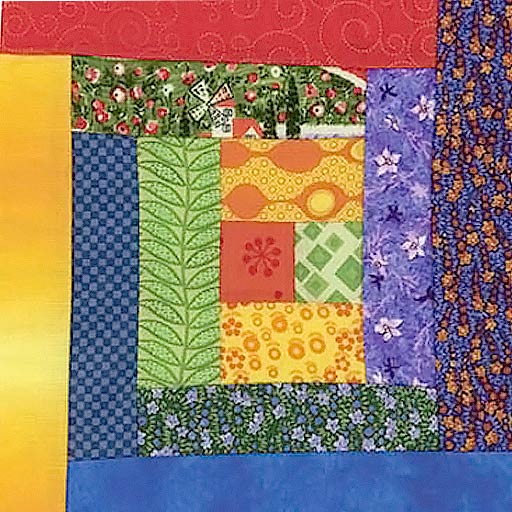“I am learning to offer to God my days and my nights, my joy, my work, my pain and my grief…I am learning to use the time I have more wisely…And I am learning to forget at times my puritan conscience which prods me to work without ceasing, and instead, to take time for joy.”
Elizabeth Watson, 1979 PYM Faith and Practice
Growing old, even when that means facing physical or other changes, can help us focus on what is essential. As we age, our perspective on what has meaning is refined. When we slow down, whether because of physical changes or by choice, we often become more contemplative. We may want to share memories and stories, to forgive or be forgiven, to express gratitude, to focus on our most essential values. Older adulthood offers the opportunity to model peace.
For some whose cognitive abilities have changed, and who may no longer be able to access many of their memories, being “in the moment” can be a gift. We can learn from their presence; one might more readily notice the sparkle of a creek or a new birdcall. Some believe that people are able to exist in a different realm of consciousness when their abilities are stripped down.
“As I grow older, I seem to need more time for inner stillness…This can happen in the midst of daily chores or when walking in a crowd or riding in a train. It means being still, open, reflective, holding within myself the crucible of joy and pain of all the world, and lifting it up to God. Praise comes into it, and thankfulness for all the love I have known and shared, the realization of how much of the time I am carried, supported, upheld by others and the love of God. (During this process) comes the deep sense of unity of all being, the intermeshing of the animate and inanimate, the secular and the scared, the tangible and the intangible…it means just waiting, or just lifting the heart.”
Dorothy Steere, 1995, PYM Faith and Practice, 2002
Not all of us are easily able to find tranquility in the changes that come with later life. We may have to work at acceptance, or we may feel more compelled to “rage, rage against the dying of the night,” in the words of Dylan Thomas. Our peace may come through continued activism, through some new activity, rather than living in a more contemplative state of being.
Whatever it is that nurtures our spirit, if we can at least become comfortable with the natural process of aging, and with our inherent interdependence with one another and the earth, we will free ourselves to make the most of our later years.
Ideas for Spiritual Communities:
- Recognize that some people may want to participate in the spiritual community in new or different ways, as they grow older or face any of life’s changes. Worship groups can provide a space for quiet, inner peace, and also opportunities for discernment about how one can make the most of one’s life. Don’t make assumptions, be inclusive and consider what supports may be needed
- Clearness Committees when one is facing serious illness or loss can help a person navigate through the choppier waters of change and find peace and acceptance.
- Provide opportunities for sharing stories.
- Simply practicing Ira Byock’s Four Things that Matter Most — I’m sorry, I love you, I forgive you, and thank you, can go a long way toward achieving inner peace in our later years. Say thank you, I love you, I forgive you, and I’m sorry. Doing this one’s self may make it easier for someone else to be comfortable doing the same.
- Offer the opportunity for meeting for worship, worship sharing, or clearness in someone’s home when they cannot get to meeting.
“Then my cane and I stepped out the front door into brilliant sunshine, and all was changed…sugar spun candy, a white ewe with a brand new black lamb…a calliope…All the wheelchairs were there, and in them people smiling…A time of pure play.”
Mary C. Morrison, Gift of Days, Pendle Hill Pamphlet 364
LINKS TO MORE INFORMATION: Click on the blue text below to be directed to outside websites that offer additional information on this topic. Articles from this site will open in the same browser window/tab. Articles from other websites will open in a new window; when you are done, simply click out of that window and you will be back on this site.
More articles on this website:
Allowing Yourself to be Cared For: Autonomy, Interdependence and Interrelationship
Celebrating Lives and Life Stories
Continuity and Coping
Spirituality and Change
Sources/Further Reading:
Ira Byock,M.D. The Four Things that Matter Most, 2004, Free Press, New York, NY.
Mary C. Morrison, Gift of Days, Pendle Hill Pamphlet 364, Pendle Hill, Wallingford, PA

